Dihydro-testosterone (DHT) is a hormone that plays a crucial role in male development and sexual function. However, excessive levels of DHT have been linked to hair loss, prostate enlargement, and other health problems such as acne. As a result, reducing DHT levels has become a focus for many individuals looking to address these issues. One potential method for achieving this is through the use of beta-sitosterol.
Beta-sitosterol is a natural compound found in many plants, including fruits, vegetables, and nuts. It is classified as a phytosterol, a group of compounds that are structurally similar to cholesterol and have been found to have several health benefits. Beta-sitosterol has been studied extensively for its ability to lower cholesterol levels and improve cardiovascular health. However, recent research suggests that it may also be effective in reducing DHT levels.
Several studies have shown promising results regarding the effects of beta-sitosterol on DHT levels. One study published in the Journal of Alternative and Complementary Medicine found that men with enlarged prostates who took beta-sitosterol experienced a significant decrease in DHT levels after six months of treatment. Another study published in the European Journal of Dermatology found that a topical solution containing beta-sitosterol was effective in reducing DHT levels in individuals with acne.
Acne is a common skin condition that occurs when hair follicles become clogged with oil and dead skin cells, leading to inflammation and the formation of pimples. While the primary cause of acne is hormonal imbalance, DHT has been identified as a contributing factor. High levels of DHT can stimulate the production of sebum (oil) in the skin, leading to increased acne formation.
Beta-sitosterol may help reduce acne by inhibiting the action of 5-alpha-reductase, an enzyme that converts testosterone to DHT. By inhibiting this enzyme, beta-sitosterol can reduce DHT levels in the skin and consequently decrease sebum production. This can lead to a reduction in inflammation and the occurrence of acne.
In addition to its anti-DHT effects, beta-sitosterol also has anti-inflammatory properties. It can help reduce the redness, swelling, and pain associated with acne lesions. Beta-sitosterol can also promote wound healing and prevent the formation of acne scars.
Beta-sitosterol can be used topically in the form of creams, gels, or serums for acne treatment. It can also be taken orally as a dietary supplement. Oral supplementation with beta-sitosterol may provide systemic benefits by reducing DHT levels throughout the body and addressing hormonal imbalances that contribute to acne.
It is important to note that beta-sitosterol should be used as part of a comprehensive acne treatment plan. Other measures such as proper skincare, avoiding triggers like certain foods or stress, and maintaining a healthy lifestyle are also important for managing acne.
As with any acne treatment, it is recommended to consult with a dermatologist or healthcare professional before starting any new regimen using beta-sitosterol. They can provide guidance on the appropriate dosage and duration of treatment based on individual needs and medical history.
While beta-sitosterol shows promise in reducing DHT levels and addressing acne, more research is needed to fully understand its effectiveness and ideal usage. It is always important to approach acne treatment holistically and discuss any concerns with a healthcare professional.
In conclusion, beta-sitosterol may be a beneficial option for reducing DHT levels and managing acne. Its ability to inhibit 5-alpha-reductase and reduce sebum production can contribute to a decrease in acne formation and inflammation. However, it should be used as part of a comprehensive approach to acne treatment, and medical advice should be sought for proper usage.

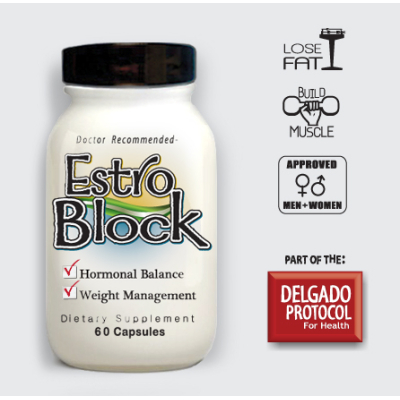
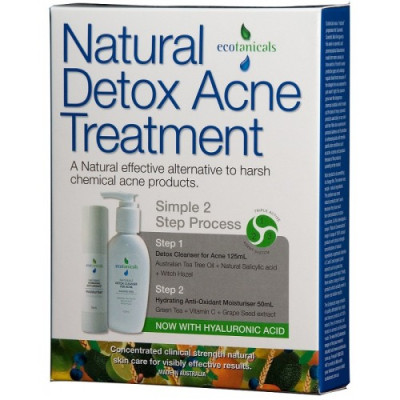
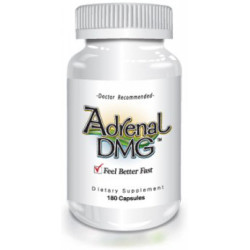
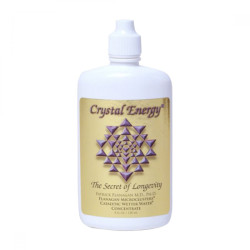
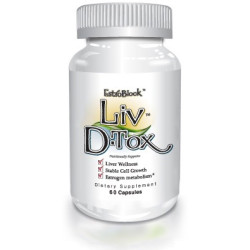
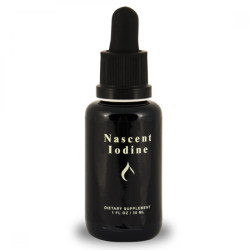
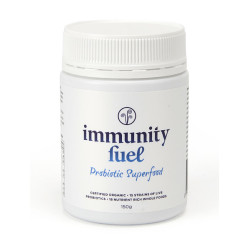
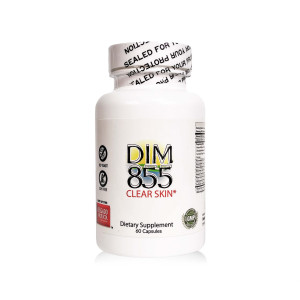
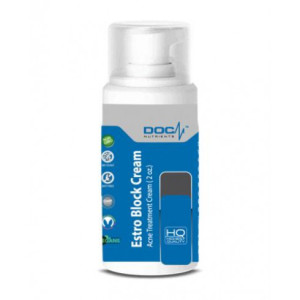
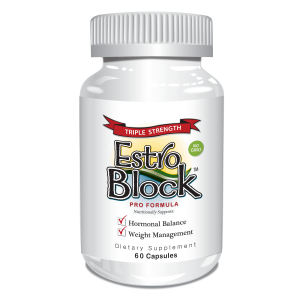
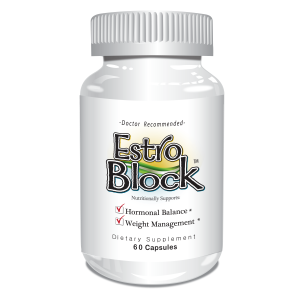
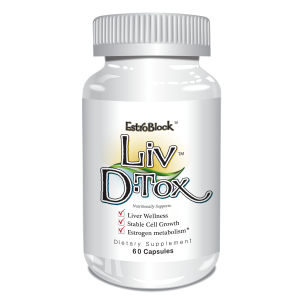
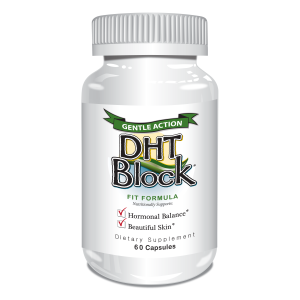
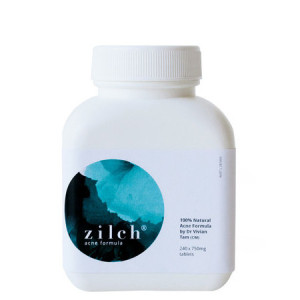
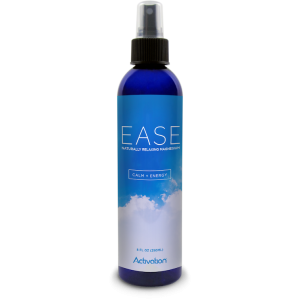

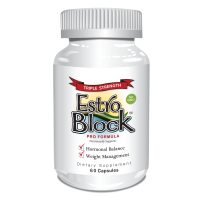
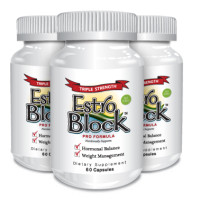
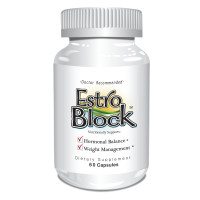
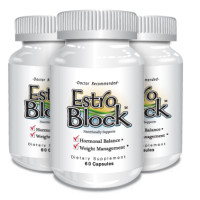
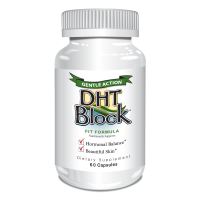
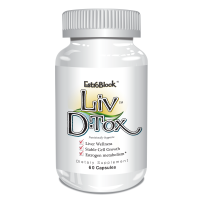
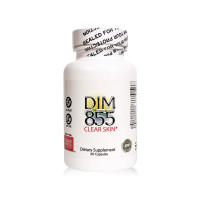
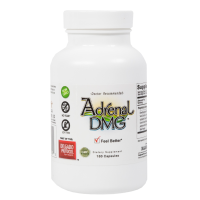
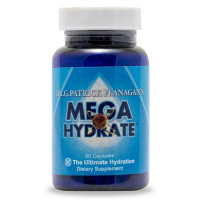
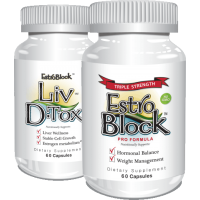

Leave a Comment